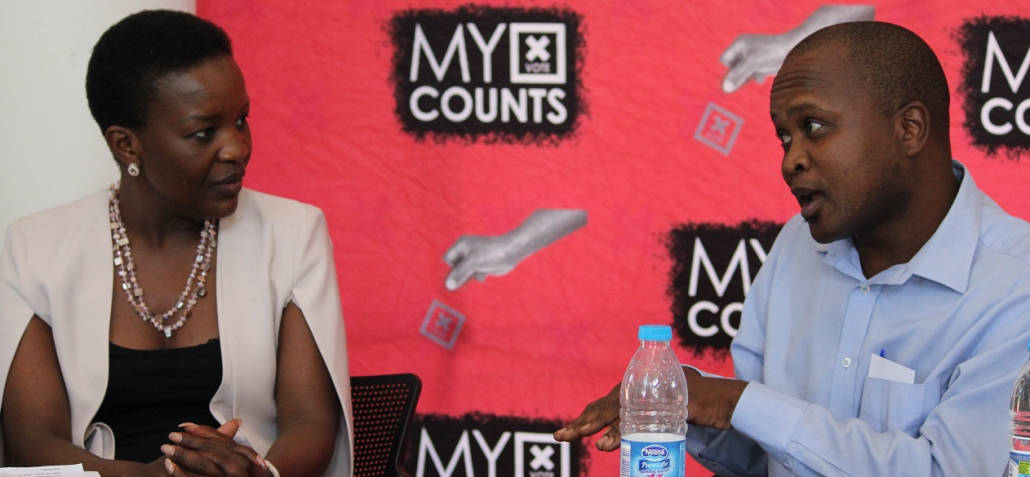By Thato Mahlangu
Asking political parties to openly say who funds them could be a fruitless exercise, said political analyst Dr. Ralph Mathekga, as political parties don’t want to voluntarily name their funders.
Mathekga speaking at a panel discussion held on Wednesday 06 November 2019 at the Constitution Hill mentioned how it was a challenge for political parties to disclose who was funding them.
The discussion, under the theme Political Party Funding: the Role of Business, Legal Reforms and the Slow Pace of Change, was hosted by My Vote Counts (MVC) and Right 2 Know (R2K).
“Through a recent ruling, a court said we [citizens] need to know who fund these political parties and this would go the same for individuals who are running for elections, but it didn’t say whether these individual [independent] are limited [only] to local government elections which allows them to stand [for elections],” Mathekga said.
Even though Mathekga said he is in favour of an open party funding process, he warned that there are loopholes which can be found in the party funding legislation, the Promotion of Access to Information Amendment Bill.
The Bill, which is different from the Political Party Funding Act, was adopted this week and will compel political parties and independent candidates to make information available about donations of more than R100,000, MVC tweeted.
This comes after a court action pursued by MVC that ended with the Constitutional Court finding the act didn’t cover the disclosure of private political funding.
According to a researcher at MVC, Zahira Grimwood, these loopholes Mathekga was warning about would require political parties to disclose donations above R100 000 directly paid by donors into their bank accounts and report the donor’s names and the amount donated to the Independent Electoral Commission (IEC).
Grimwood said in the interest of trying to curb the influence of big private donations on parties, the Bill also prohibits certain sources of donations. Public funding legislation is retained in the Bill, but the Bill establishes a “private fund,” called the Multi-Party Democracy Fund (MPDF).
“Donors who wish to remain anonymous and would prefer not to be affiliated to any one political party can donate to the MPDF instead of directly allocating money to a political party. The IEC will distribute all donations amassed by the MPDF, to all political parties represented in the National Assembly and provincial legislatures on a proportional and equitable basis.”
Business Leadership South Africa CEO Busi Mavuso echoed Mathekga’s sentiments and said government officials and leaders should be scrutinised “very carefully”, especially those who are running for presidency.
“We should not be selective when it comes to holding people accountable for all that they do, including the wrong things. Even President Cyril Ramaphosa should account like we called on for former president Jacob Zuma to account for the things he did. The CR17 [campaign] must be scrutinised,” Mavuso said.
She said transparency and honesty should be applied in the process of political funding.
“If we are serious about doing things right, as a business we must agree that the flow of money in South Africa must be transparent,” Mavuso added.
Mavuso said business leaders should work together with the government in ensuring that the country moves forward in rebuilding the country.

